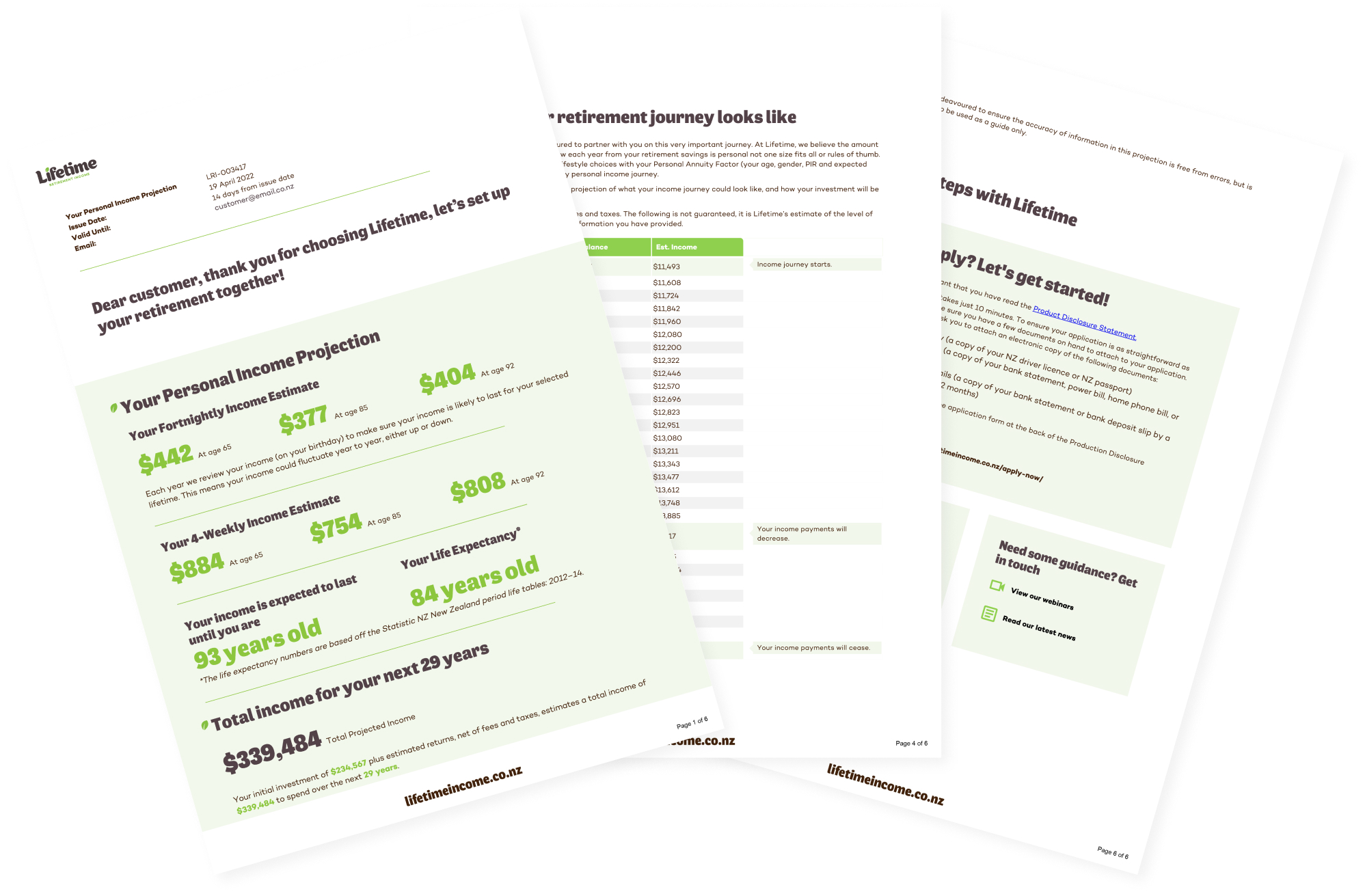Retirement Life
13 May 2025
Lending to a loved one? Read this first.
It starts with a phone call, or maybe over a cuppa. Your adult child or a dear friend is facing a financial pinch…maybe it’s a house deposit, a business venture, or just getting through a rough patch. And they need your help.
You’ve worked hard for your retirement nest egg. You’re not lighting cigars with fifty-dollar bills, but things are comfortable. You could help. Should you?
Before you reach for the cheque book or transfer a cent, take a deep breath and read this first. Lending to loved ones is generous, but it’s not risk-free. Here are some of the key dos and don’ts.
Do: Assume you might not get it back
Let’s be blunt: there’s a decent chance you won’t be repaid. Research shows around 40% of personal loans between family and friends don’t get repaid in full — and that’s just the ones people admit to.
So, before lending, ask yourself whether you could handle it if this money never came back? If losing the money would upend your retirement plans, delay that dream trip, or force you to sell your home, don’t lend it. It’s that simple.
Many liken it to putting your oxygen mask on first before helping others. Your financial security should come first. Always.
Don’t: Dip into your retirement savings without advice
It’s tempting to raid the retirement fund or break a term deposit early, but this can have long-term consequences. Not only could it affect your income, but early withdrawals from certain products may trigger penalties or tax implications.
And if you’re receiving NZ Super, gifting or lending large sums could affect your eligibility for other entitlements. A quick chat with a financial adviser can help you avoid nasty surprises.
Do: Get it in writing
You trust your child, of course you do. But when it comes to money, memory can get murky. A formal written agreement (ideally drafted or reviewed by a lawyer) can preserve family harmony and help avoid misunderstandings down the track.
Calculate what you could draw in retirement.

At a minimum, include:
- Loan amount
- Repayment schedule
- Interest rate (even if it’s zero)
- What happens if repayments aren’t made
- Whether the loan is forgiven upon your death (or repaid to your estate)
It doesn’t have to be awkward. Just say, “I want us both to be clear on what’s agreed, for peace of mind.”
Don’t: Forget the tax man (yes, even in retirement)
If you decide to charge interest (entirely within your rights) that interest is taxable income. That means you may need to deal with Resident Withholding Tax (RWT). Your borrower might be responsible for withholding and passing that tax on to the IRD. Awkward? Potentially. Required? Definitely.
Talk to your accountant or financial adviser about how best to structure the arrangement. There are ways to keep it simple, but you don’t want to fall foul of Inland Revenue.

Do: Be clear on your motivation
Are you lending the money because you believe in their business plan? Because you feel guilty? Because their siblings already got help?
Understanding your own “why” will help you be realistic about expectations and ensure you're not acting from obligation or pressure. If the idea of not getting repaid would sour the relationship, think twice.
And remember, helping one child can set expectations for others. Are you prepared to do the same for each of your children? If not, how will you explain the difference?
Don’t: Co-sign or guarantee loans lightly
Acting as a guarantor for a loved one’s loan, business or otherwise, might feel like a loving act, but it puts your own assets (including your home) at risk if things go south. If you must help, cash is safer than guarantees.
Do: Explore other ways to help
If lending money doesn’t sit right, that’s okay. You can still be supportive. Maybe it’s offering childcare so they can work extra hours, helping them navigate budgeting tools, or guiding them to explore community support options.
You might also suggest they talk to their own bank about what’s possible. Banks are in the business of lending, after all. You’re not.
Don’t: Wing it
A casual chat and a handshake might feel enough at the time, but when months pass and the repayments don’t come, or family dynamics shift, you’ll wish you had a plan.
Write it down. Be honest about your boundaries. Get advice. Protect the relationship and your retirement.
Lending money to someone you care about is a big-hearted move, but one that deserves a lot of thought. Be clear-eyed. Be cautious. Be kind, but not naive.
Learn more
Moneyhub has an excellent, comprehensive guide to lending money to family or friends, including a sample loan agreement. Read it here.

Project your retirement income.
Invest with Lifetime for a retirement income managed for living.
